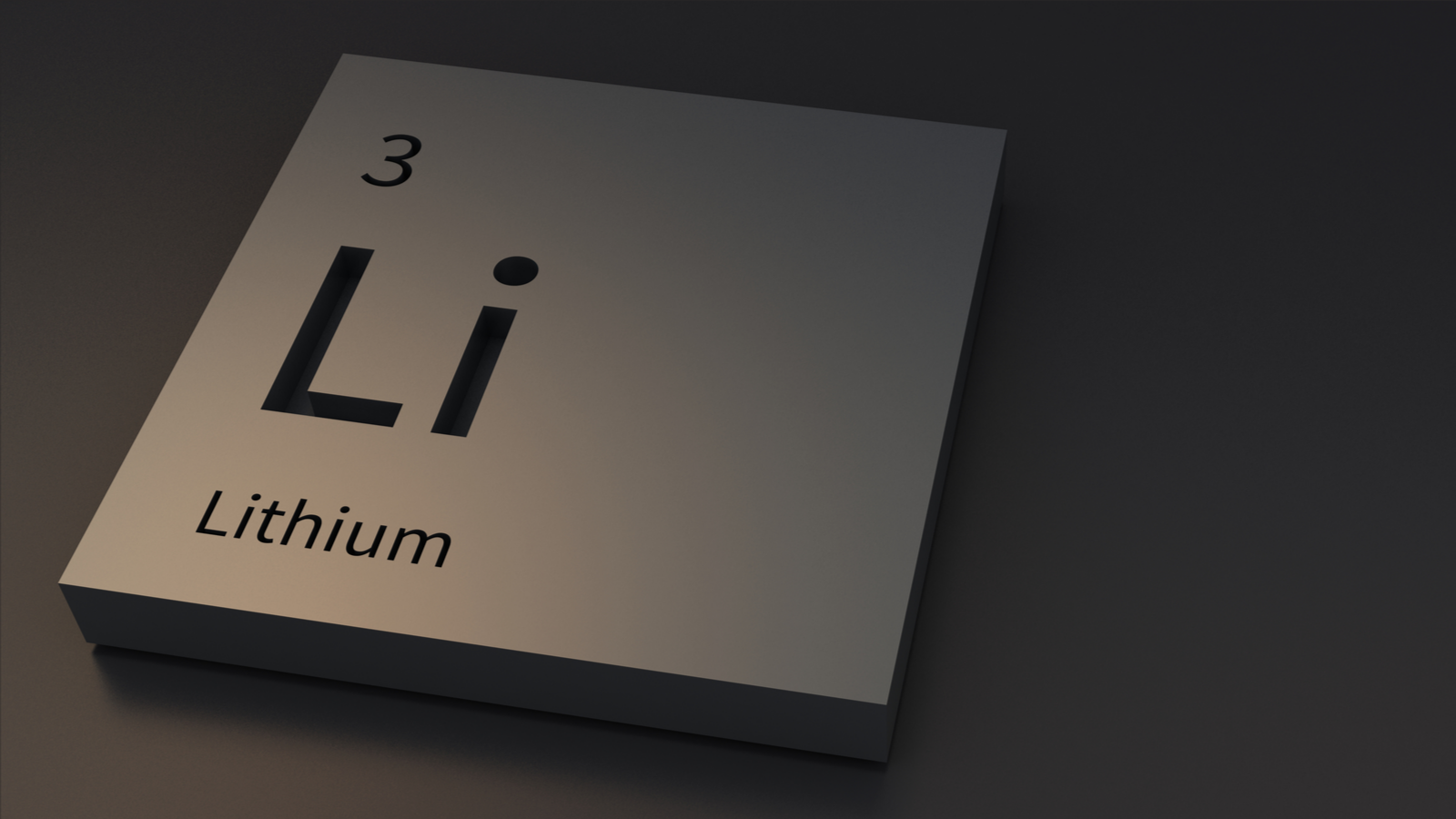
Electric vehicle (EV) sales are accelerating. In fact, according to the International Energy Agency, about one in five new cars sold this year will be electric. They also noted that over 2.3 million EVs were sold in the first quarter, or 25% year-over-year and that they expect to see another 14 million of them roll out by the end of the year. However, for that to happen, we need far more lithium. The problem is demand still exceeds supply, and is expected to remain that way through 2030. All of which is great news for top lithium stocks to buy and hold now.
Even major lithium producers are nervous that global supplies may not meet EV demand. Reuters noted, “There were 45 lithium mines operating in the world last year, with 11 expected to open this year and seven next year, according to Fastmarkets. That pace is far below what consultants say is needed to ensure adequate global supply.”
That being said, you may want to keep an eye on these seven lithium stocks – especially after recent pullbacks with the broader market.
Lithium Stocks: Albemarle (ALB)

Over the last few weeks, shares of Albemarle (NYSE:ALB) fell from about $250 to $182.68. It’s now technically oversold at support dating back to early 2022. And I’d use that weakness as an opportunity, especially with its strong catalysts. For one, ALB just declared a 40-cent quarterly dividend, which is payable Oct. 2 to shareholders of record as of Sept. 15.
Two, Albemarle is said to be among the top lithium producers Exxon Mobil (NYSE:XOM) is in talks with, regarding supply. And three, ALB just beat Q2 adjusted earnings and raised full-year earnings guidance. Its net income rocketed to $650 million, or $5.52 a share from $496.8 million, or $3.46 a share YOY. Sales were up 60% to $2.37 billion from $1.48 billion YOY.
For the full-year 2023, the company just raised its full-year numbers to reflect the strength of the lithium market. In fact, it now expects net sales to jump 40% to 55%, and for adjusted EBITDA to jump 10% to 25% YOY.
Plus, analysts like the stock here. RBC Capital, for example, raised its target to $260 from $255. Bank of America (NYSE:BAC) raised its target to $212 from $200. Credit Suisse raised its ALB target price to $185 from $163. Mizuho even raised it from $225 to $227 a share.
Global X Lithium & Battery Tech ETF (LIT)
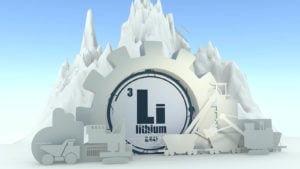
Or, look at the Global X Lithium & Battery Tech ETF (NYSEARCA:LIT). With an expense ratio of 0.75%, the ETF invests in the complete lithium cycle. Everything from mining and refining the metal through battery production. Some of its top holdings include Albemarle, TDK Corp. (OTCMKTS:TTDKY), Panasonic (OTCMKTS:PCRFY), BYD Co. (OTCMKTS:BYDDF), Tesla (NASDAQ:TSLA), Livent Corp. (NYSE:LTHM), and Piedmont Lithium (NASDAQ:PLL) to name a few.
Better, the latest pullback is opportunity. Not only is LIT technically over-extended, but it’s also now oversold at major support dating back to January, where it has bounced back historically.
Sprott Lithium Miners ETF (LITP)
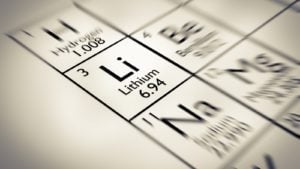
Even the Sprott Lithium Miners ETF (NASDAQ:LITP) is oversold at support dating back to March. With an expense ratio of 0.65%, the ETF provides exposure to lithium mining companies, such as Pilbara Minerals (OTCMKTS:PILBF), Albemarle, Livent Corp., Sigma Lithium (NASDAQ:SGML), Lithium Americas (NYSE:LAC), and Core Lithium (OTCMKTS:CXOXF) to name a few of the top ones.
Lithium Americas (LAC)
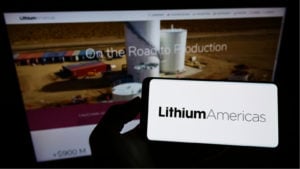
Lithium Americas (NYSE:LAC) was also rocked by recent market pullbacks. In fact, since its May high of $22.92, it’s now oversold at $16.63.
Helping, just days ago, LAC shareholders approved the company’s split into two companies: Lithium Americas (Argentina) Corp. and a new Lithium Americas Corp (NewCo). Set to happen by Oct., Lithium Argentina will advance the Cauchari-Olaroz project toward full commercial production. And Lithium Americas will advance the Thacker Pass project in Nevada toward production.
Better, the company is expected to make its first deliveries in the second half of 2026, which should pull in solid revenue.
American Lithium (AMLI)
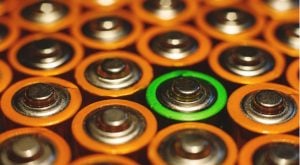
There’s also American Lithium (NASDAQ:AMLI) – which is ridiculously oversold at $1.20. It also has two interesting lithium projects. One is the TLC Lithium Project, located near Tonopah, Nevada. The other is the Falchani Lithium Project located in Peru and is said to be one of the largest lithium deposits in the world.
Furthermore, it recently invested in Surge Battery, which will allow for the “continued exploration and development of the Nevada North Lithium Project, a claystone project which we believe is highly prospective with the potential to be a large-scale, high-grade deposit,” said CEO Simon Clarke.
Standard Lithium (SLI)
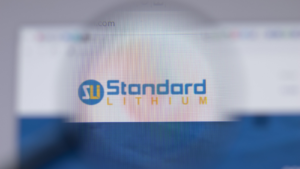
Even Standard Lithium (NYSEAMERICAN:SLI) is technically oversold. After testing a high of about $4.80, it’s now down to $3.63, with sizable catalysts. For one, as noted by Mining.com, “Standard Lithium claimed the ‘highest confirmed lithium grade brine’ in North America from resource expansion work in the East Texas Smackover region, with one sample from of a newly drilled well returning 634 mg/L lithium.”
Secondly, Exxon Mobil recently bought drilling rights to 120,000 gross acres in the Smackover Formation of southern Arkansas, which could have a big impact on SLI, too. In fact, Exxon has plans to build “one of the world’s largest lithium processing facilities in Arkansas, with a capacity to produce 75K-100K metric tons/year of lithium, The Wall Street Journal reported,” as highlighted by Seeking Alpha.
Even better, according to Standard Lithium’s President and Chief Operating Officer, Dr. Andy Robinson:
“The robust economics from the South West Arkansas Project PFS showcases its incredible potential. Our exploration program in the first half of this year yielded significantly improved lithium concentrations and grew the total resource to 1.8 million tonnes of lithium carbonate equivalent. The upgraded resource underpins an operating life of at least 20 years at competitive costs.”
Piedmont Lithium (PLL)
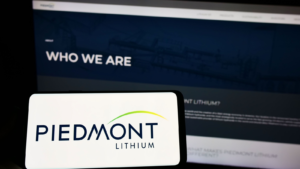
At this point, I must sound like a broken record – but even Piedmont Lithium (NASDAQ:PLL) is technically oversold. After testing $62, it took a dive to $44.80, where it appears to have caught strong support dating back to late 2022. From here, I’d like to see PLL test resistance around $65.72.
Piedmont also has sizable catalysts. For one, it’s trying to advance its mine in North Carolina, which could become one of North America’s biggest sources of lithium. Two, it’s also laying the groundwork for a lithium hydroxide manufacturing plant in Tennessee. Once up and running, both facilities could produce up to 60,000 metric tons of lithium hydroxide annually. That, according to Seeking Alpha, could contribute “roughly a third of the planned capacity in the U.S.”
In addition, analysts like the stock. DA Davidson, for example, recently raised its price target to $96 from $90. Even Roth MKM raised its target price to $190 from $150.
On the date of publication, Ian Cooper did not have (either directly or indirectly) any positions in the securities mentioned. The opinions expressed in this article are those of the writer, subject to the InvestorPlace.com Publishing Guidelines.





